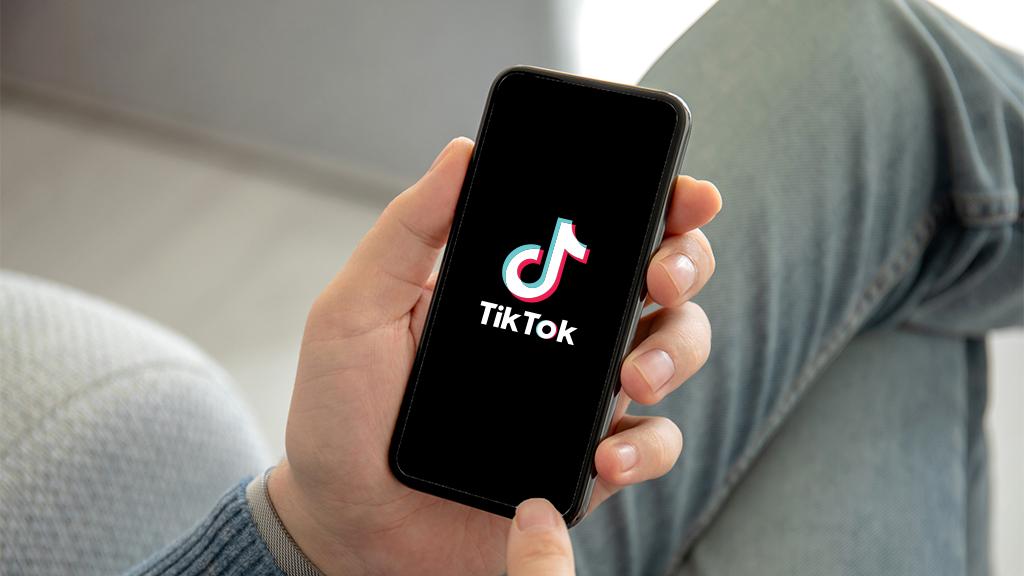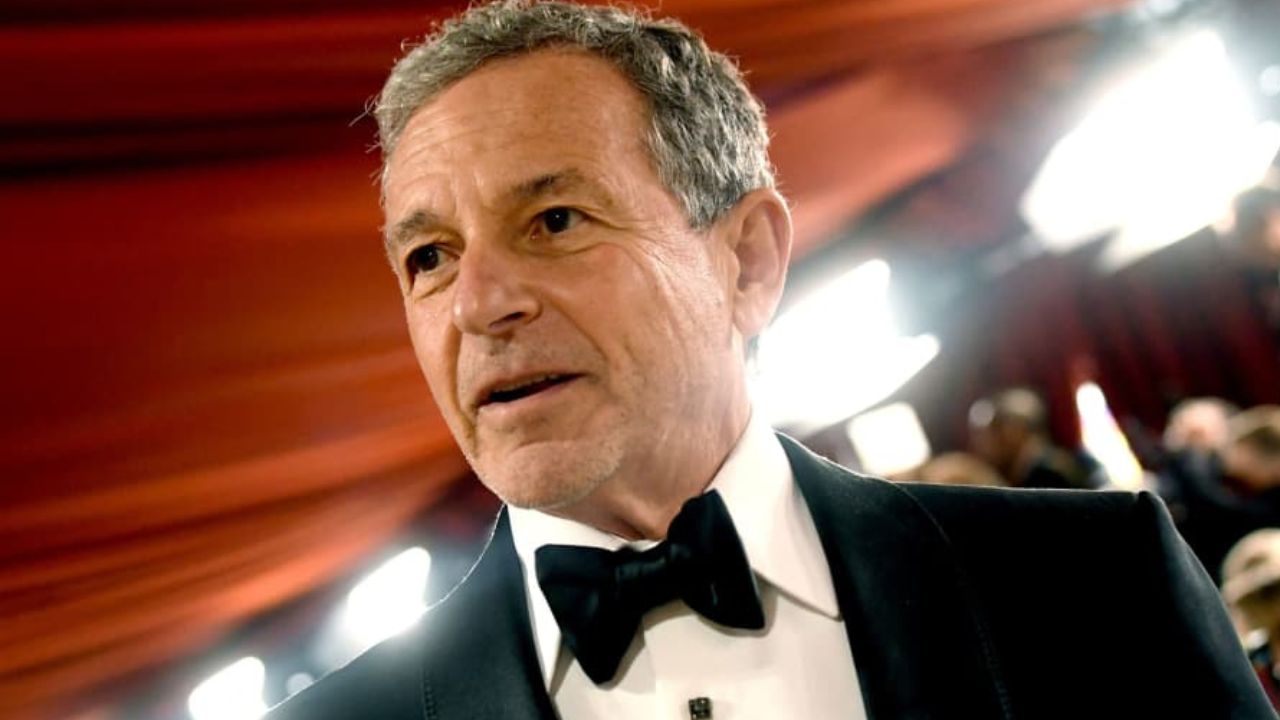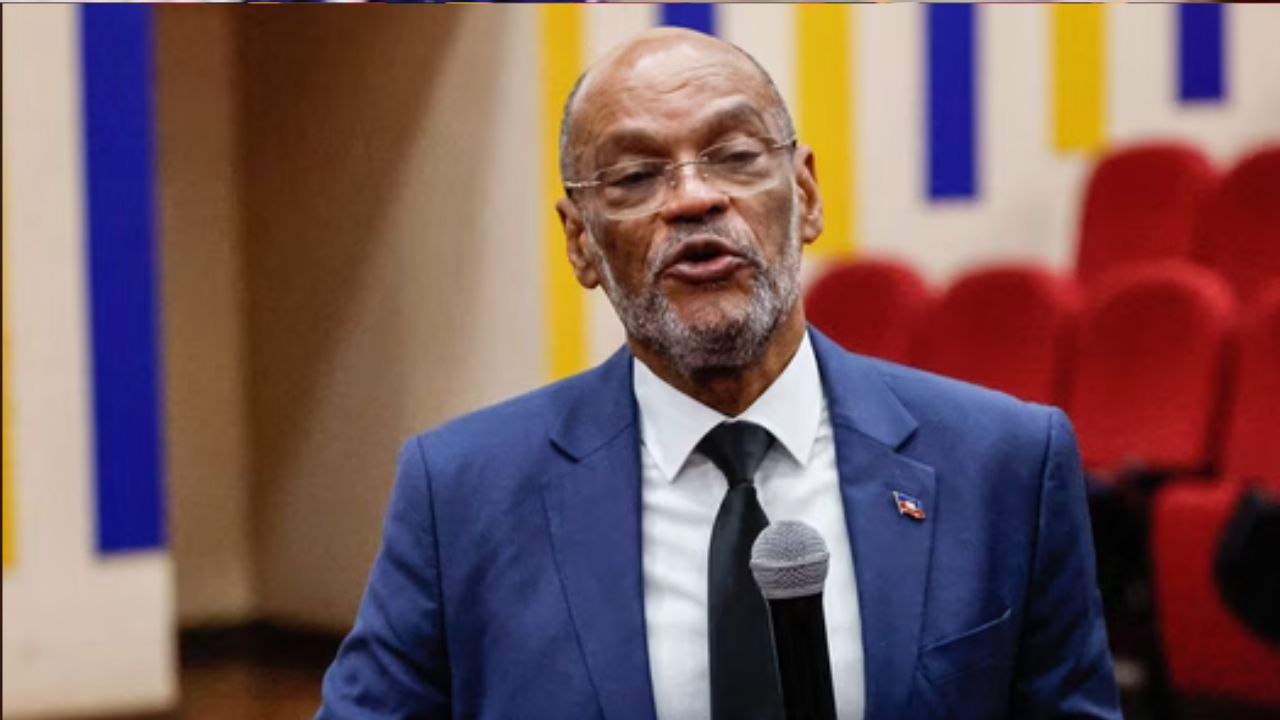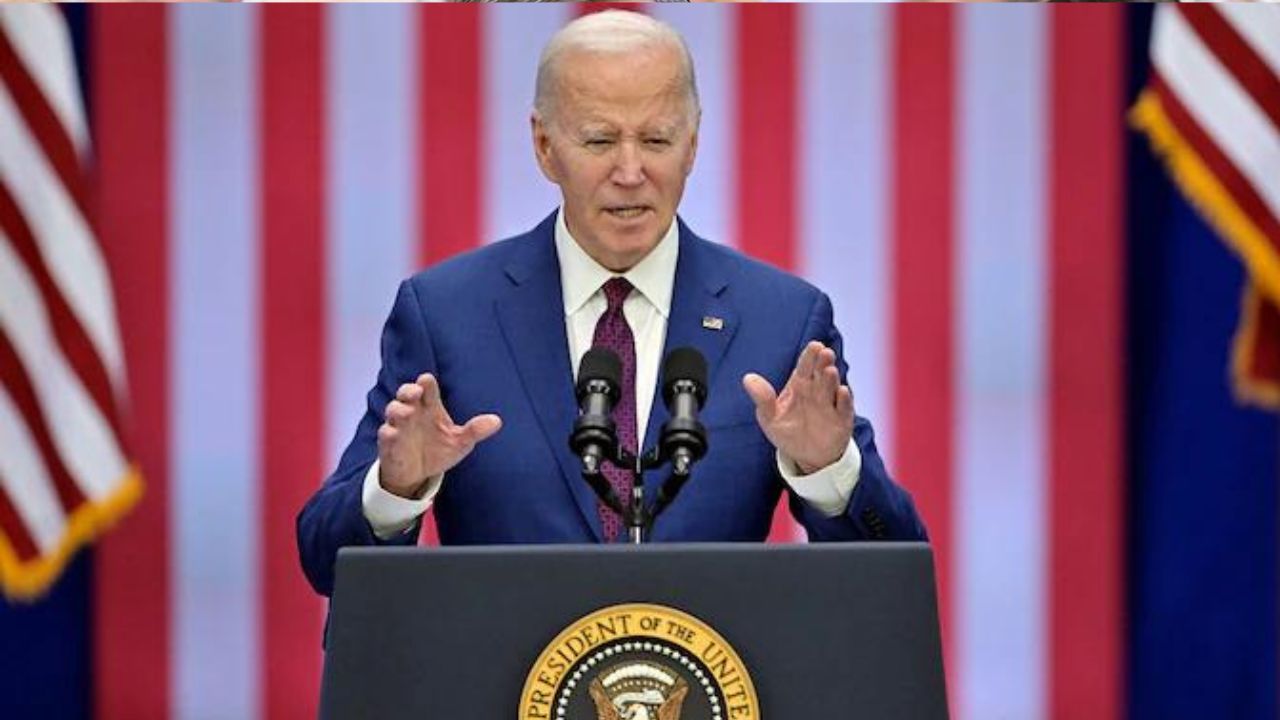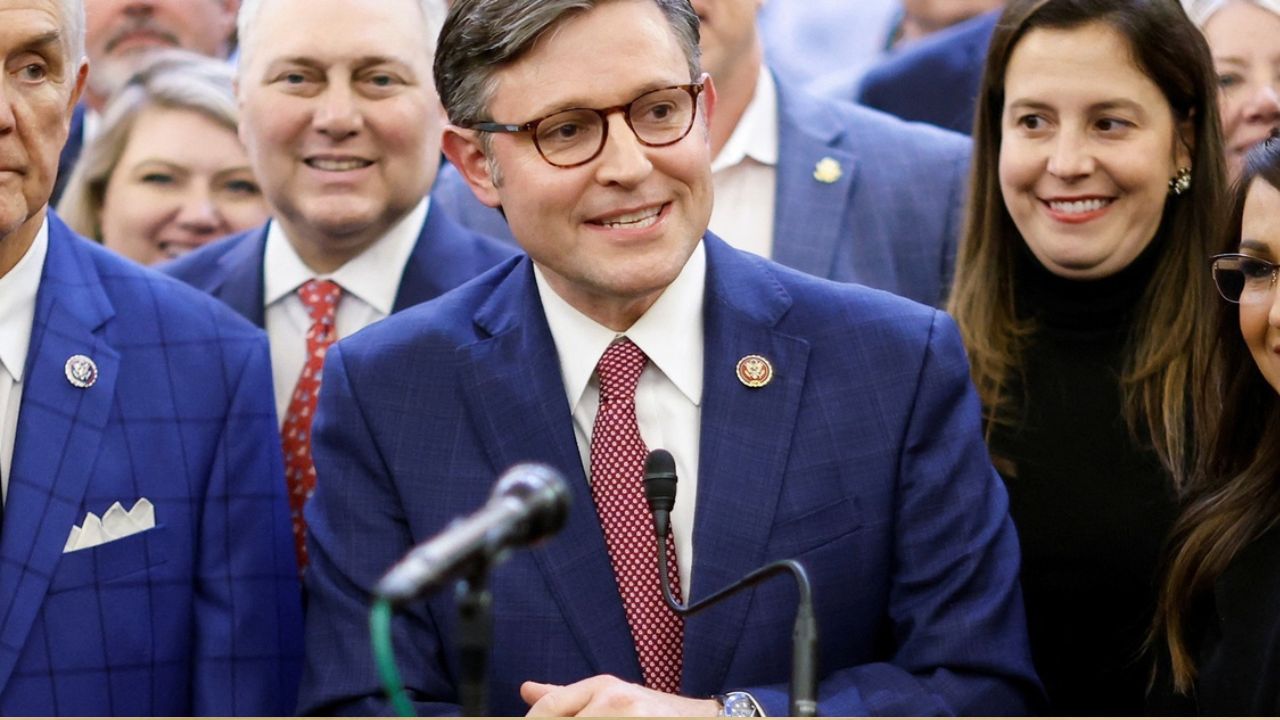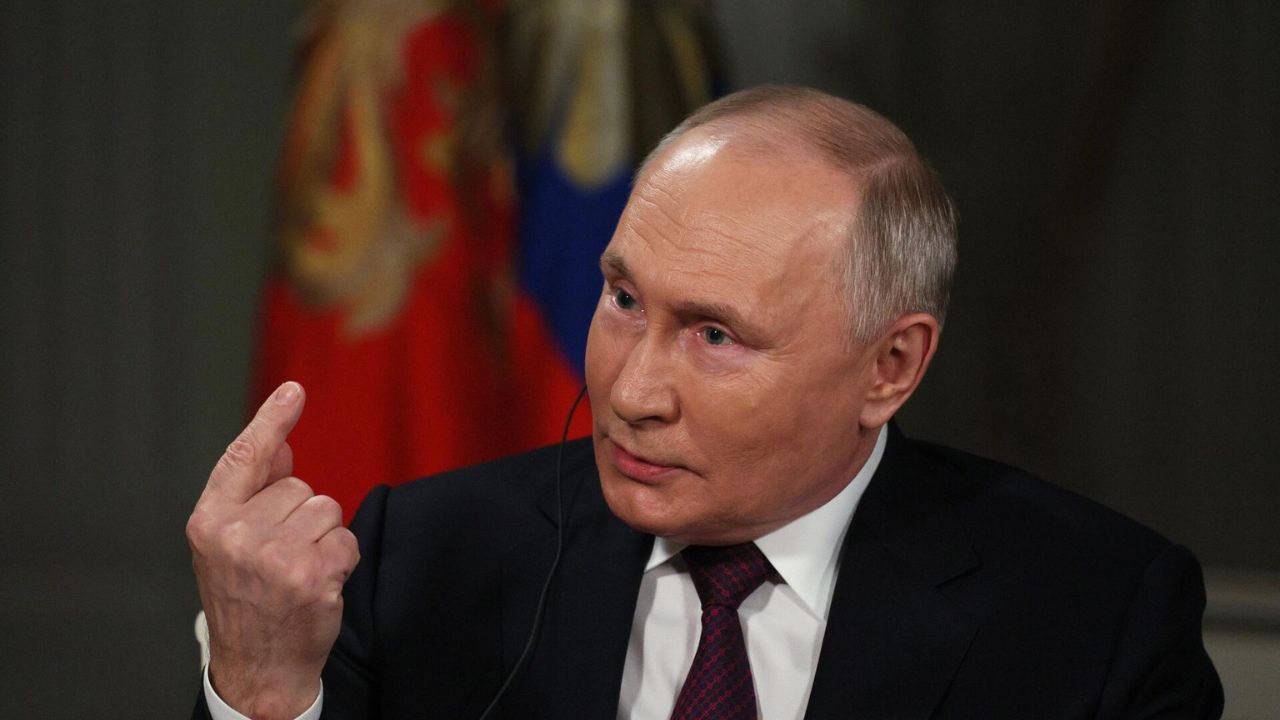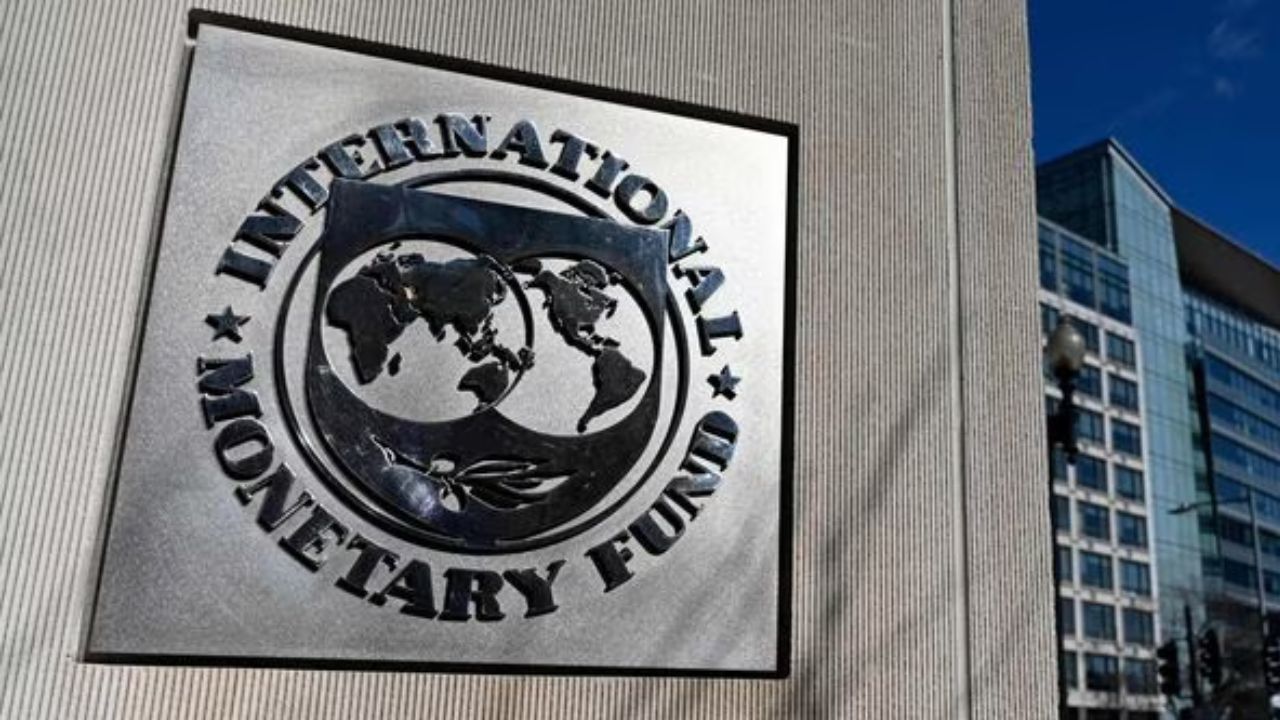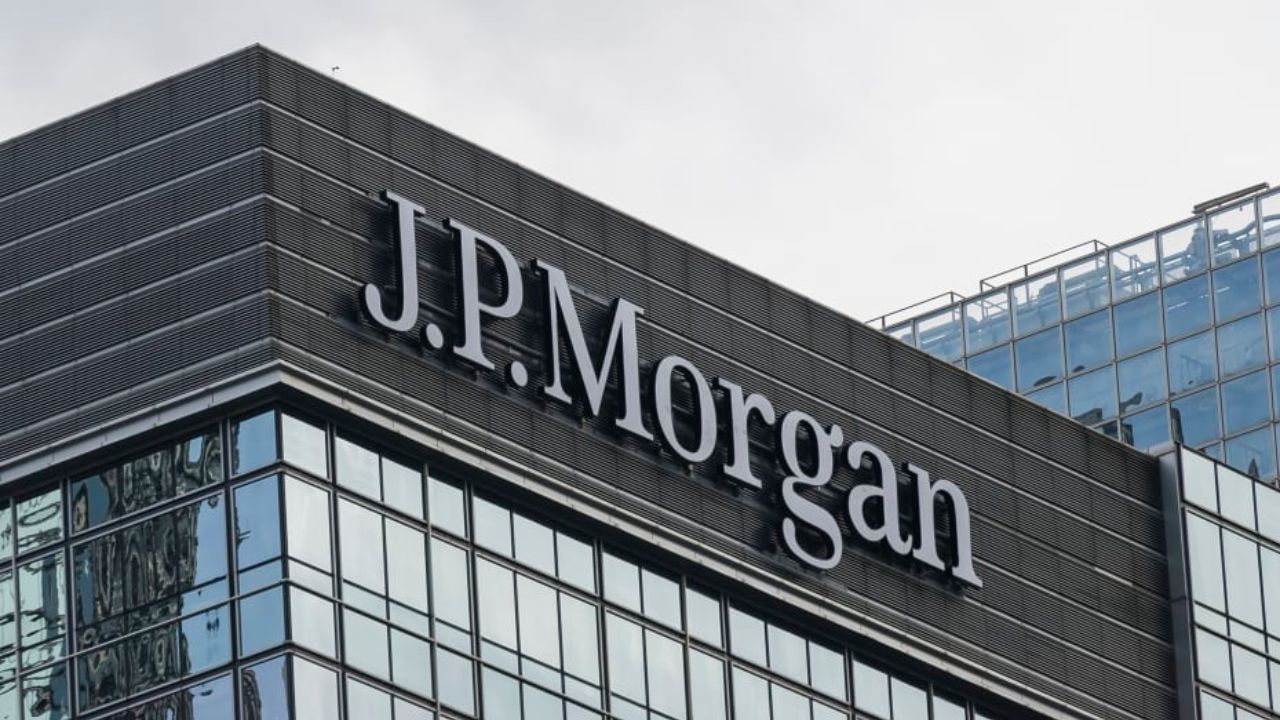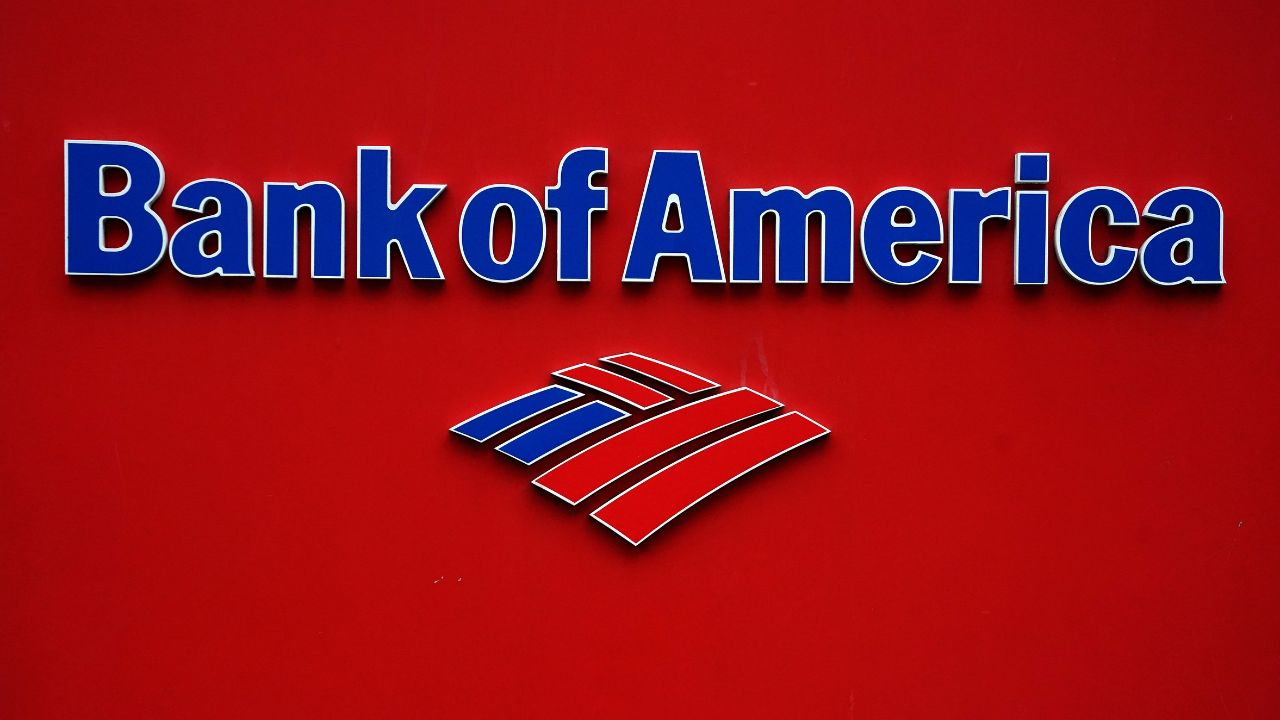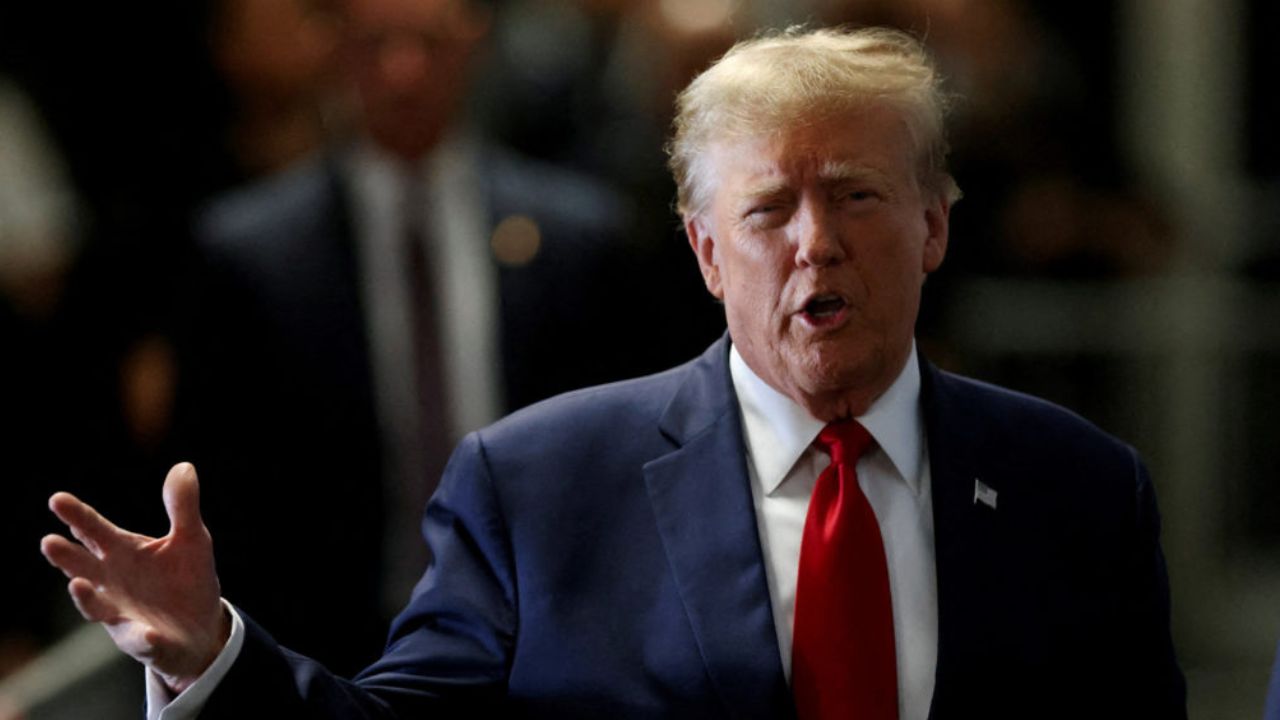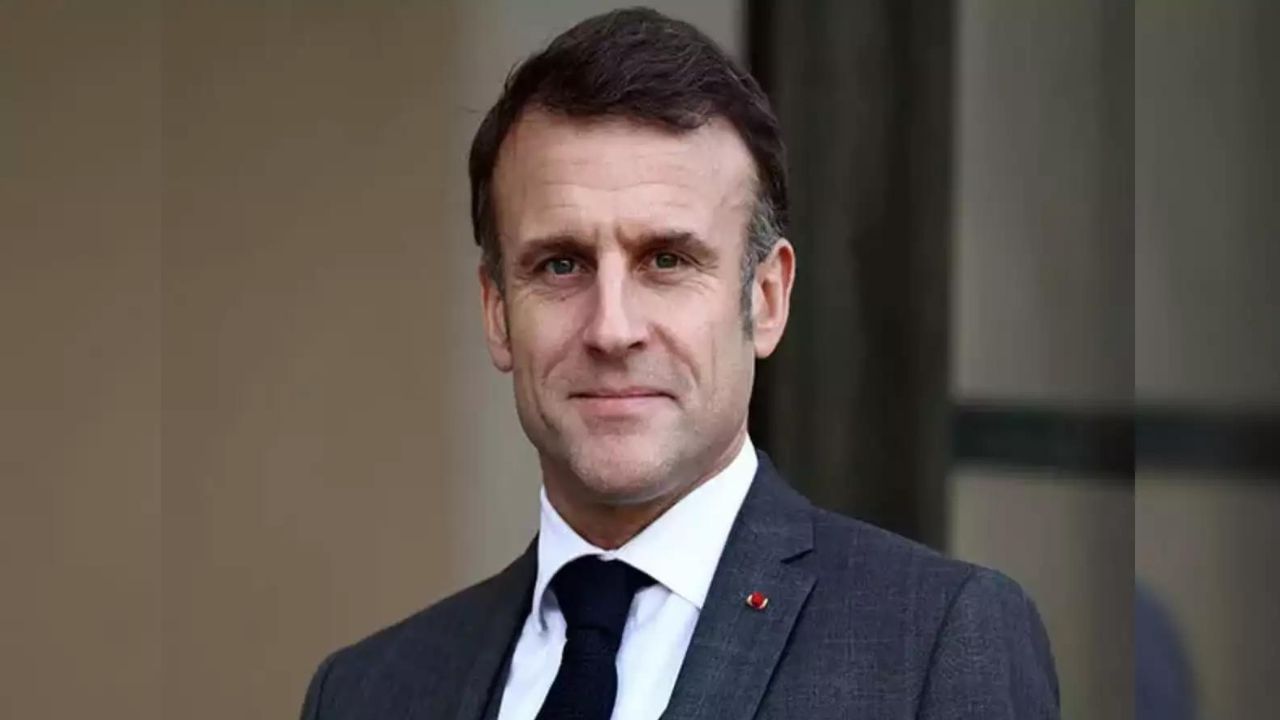Boeing’s latest crisis concerning the Max aircraft series has prompted a significant reassessment of growth strategies among some of its major clients, according to several airline CEOs speaking on Tuesday.
The remarks from these executives underscore the impact Boeing’s challenges have had on its key customers, including escalating quality control issues, sluggish production rate increments, and delays in the certification of new aircraft models, extending over several years.
Southwest Airlines, exclusively operating Boeing 737s, has revised its 2024 capacity projections downwards and is reconsidering its financial guidance for the same period. This adjustment comes in light of fewer Boeing deliveries anticipated this year—46 Boeing 737 Max planes, compared to the initial estimate of 79.
“Boeing needs to enhance its operations, and deliveries will naturally follow suit,” remarked Bob Jordan, CEO of Southwest Airlines, during a JPMorgan industry conference.

Alaska Airlines also revealed uncertainty regarding its 2024 capacity forecasts due to unpredictability surrounding aircraft deliveries, resulting from heightened regulatory scrutiny on Boeing and its operations by the Federal Aviation Administration (FAA) and the Department of Justice.
United Airlines CEO, Scott Kirby, disclosed at the same conference that the airline has requested Boeing to halt production of its Max 10 aircraft, which is pending FAA certification, and instead prioritize production of Max 9s, already operational.
“It’s uncertain when the Max 10 will obtain certification,” stated Kirby, reiterating the airline’s decision made in January to devise a fleet plan excluding the Max 10 due to ongoing delays.
Last Friday, United informed its staff of a temporary halt in pilot recruitment this spring due to delays in the arrival of new Boeing planes, as reported by CNBC.
The frustration among airline executives has mounted, particularly since Boeing’s recent crisis stemmed from a midair incident involving a door panel detachment from a Max 9 aircraft during an Alaska Airlines flight in January.
This event heightened scrutiny on Boeing, with a preliminary investigation by the National Transportation Safety Board indicating potential issues with bolts on the door panel upon leaving Boeing’s factory in Washington state.
“We are fully committed to implementing measures to bolster quality across our production system and ensuring timely delivery of high-quality aircraft meeting regulatory standards,” Boeing stated in an email. The company continues to engage closely with its valued customers on these matters and the steps being taken to address them.
The FAA has suspended Boeing’s planned production rate hikes, citing non-compliance issues in Boeing’s manufacturing processes, parts handling, storage, and product control, as identified in a recent audit.
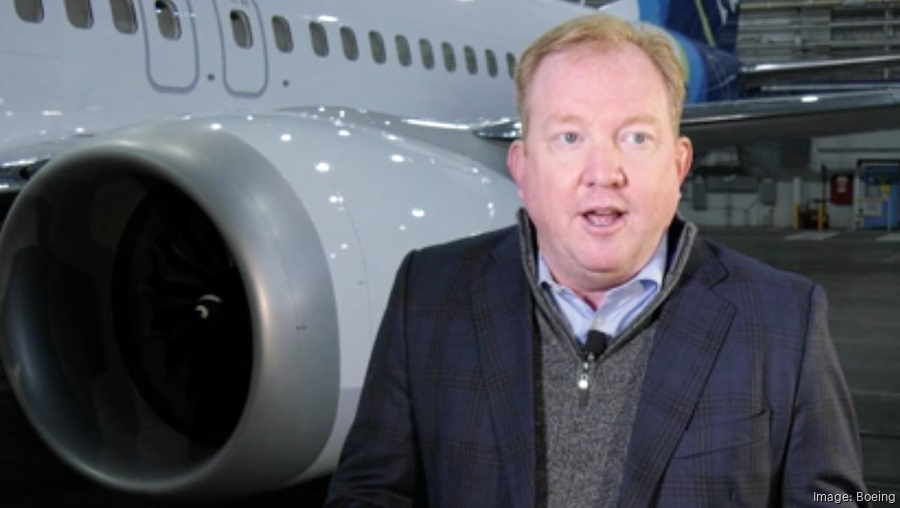
Boeing’s CEO Dave Calhoun and other leaders have pledged to eradicate quality control shortcomings, holding numerous work pauses to discuss concerns with employees.
Stan Deal, CEO of Boeing’s commercial airplanes unit, informed staff on Tuesday of plans to collaborate with employees flagged for non-compliance during the audit. The company aims to ensure full comprehension of work instructions and procedures, implement weekly compliance checks, and schedule additional audits this month.
Deal emphasized the importance of precise adherence to manufacturing protocols and vigilance regarding potential safety hazards, urging employees to promptly report any concerns to mitigate risks.







